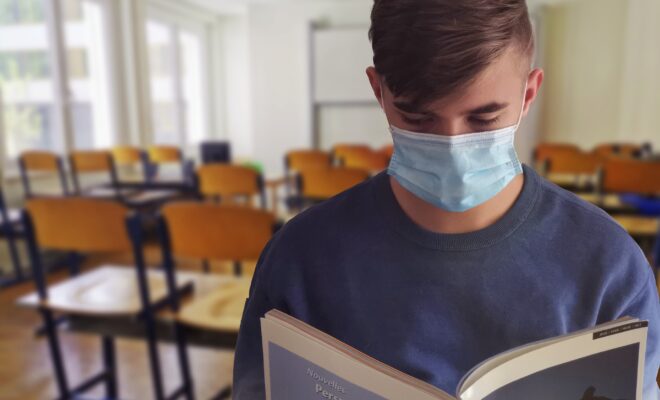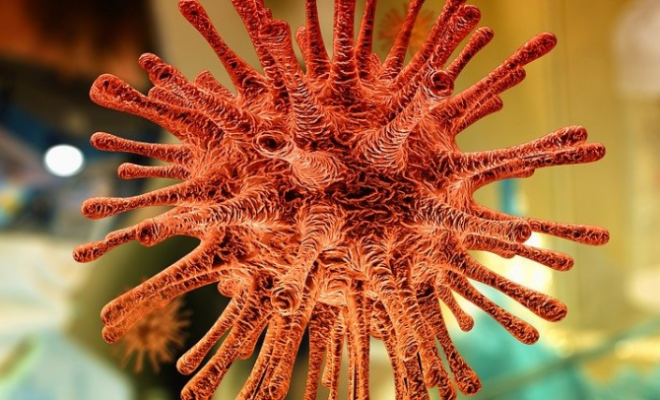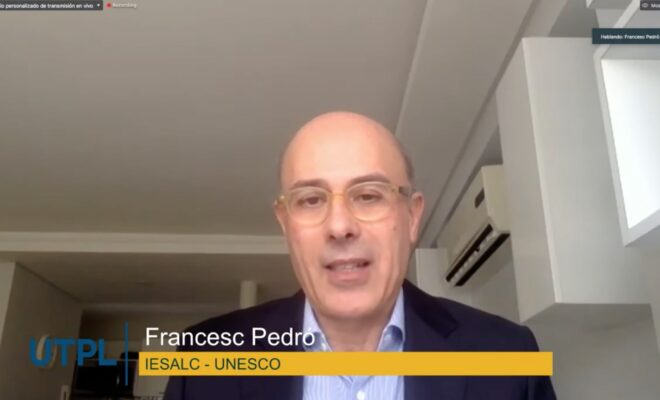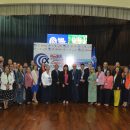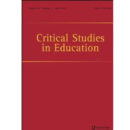IAU and UNESCO IESALC tie-up to boost the use of evidence in higher education policymaking

The International Association of Universities (IAU) and the UNESCO International Institute for Higher Education (UNESCO IESALC) have teamed up to boost quality and equity in higher education, through a series of joint activities in Latin America and the Caribbean and globally. The activities are intended to increase the evidence base for better policy making on higher education, both at national and institutional level.
UNESCO IESALC and the IAU will cooperate in the publication of regional reports drawing on IAU’s global surveys and thus disseminating the available evidence in critical areas such as the contribution of higher education to the Sustainable Development Goals, the digitalization of higher education, the internationalization of higher education, and the impact of COVID-19 on higher education, among others.
The International Association of Universities (IAU) was founded in 1950, under the auspices of UNESCO. It is the leading global association of higher education institutions and organisations from around the world. IAU brings together its Members from more than 130 countries for reflection and action on common priorities. IAU is an independent, non-governmental organization. It acts as the global voice of higher education to UNESCO and other international higher education organizations, and provides a global forum for leaders of institutions and associations. Its services are available on the priority basis to Members but also to organisations, institutions and authorities concerned with higher education, as well as to individual policy and decision-makers, specialists, administrators, teachers, researchers and students. IAU is an official partner of UNESCO (Associate status) and has been given special consultative status by the UN Economic and Social Council (ECOSOC).
The UNESCO International Institute for Higher Education in Latin America and the Caribbean (IESALC) was created by the UNESCO General Conference in 1997, replacing the Regional Center for Higher Education in Latin America and the Caribbean (CRESALC for its Spanish abbreviation) established in 1974. It is the sole specialized institute of the United Nations system with the mission to contribute to the improvement of higher education in member States. Its biennial work program and budget are approved at the UNESCO General Conference. The Institute, established in Caracas (Venezuela) since its inception, is governed by a Governing Board whose members are appointed by the Director General of UNESCO.
Photo by Emily Ranquist on Pexels
RELATED ITEMS
